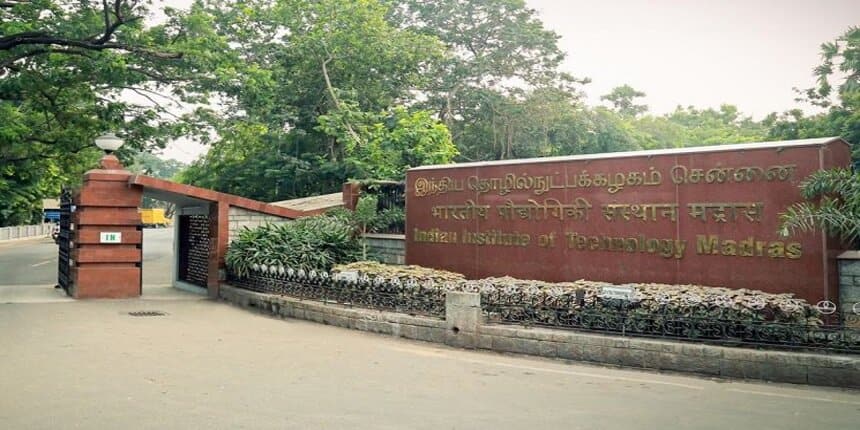IIT Madras, Tel Aviv University researchers develop aerogel adsorbent for water purification
Divyansh | October 31, 2023 | 03:15 PM IST | 1 min read
The aerogel, developed by researchers of IIT Madras’ chemical department and Tel Aviv University, can remove over 76% of trace pollutants in flowing water.

NEW DELHI: A team of scientists of Indian Institute of Technology (IIT Madras) and Tel Aviv University Israel has developed a graphene-based aerogel adsorbent that can remove trace pollutants from wastewater.
IIT Madras said the graphene-modified silica aerogel removes over 76% of trace pollutants (part per million level) in flowing water. The gel will allow a sustainable way for large-scale water purification, It added.
The team is now working on enhancing the results for large-scale applications of the gel. The team said aerogels are excellent adsorbents and offer advantages such as adjustable surface chemistry, low density, and a highly porous structure.
The research was led by Shanti Swarup Bhatnagar Prize Awardee Rajnish Kumar from IIT Madras and included Subhash Kumar Sharma and P Ranjani, research scholars at chemical engineering department, IIT Madras, and Hadas Mamane of the school of mechanical engineering, Tel Aviv University, Israel.
The findings of the research carried to develop the product has been published in the journal Nature Scientific Reports.
Rajnish Kumar said, "Indigenous techniques for wastewater purification have become essential not only to combat pollution but also to preserve water quality, protect ecosystems and mitigate health risks associated with contaminated water."
Suited for India’s water woes
The IIT Madras said the aerogel will be beneficial for India as it is facing the challenge of supporting 18% of the world's population with just 4% of global water resources.
Also Read | IIT Madras extends date for Tech for Tomorrow Awards 2023 till November 10
Rajnish Kumar added, "Conventional wastewater treatment methods struggle to remove traces of pollutants, especially pharmaceuticals. In response, scientists have explored various methods, including adsorption, advanced oxidation processes and membrane filtration. Among these, adsorption is attractive because of its eco-friendly nature, cost-effectiveness, and efficient pollutant removal capabilities."
Follow us for the latest education news on colleges and universities, admission, courses, exams, research, education policies, study abroad and more..
To get in touch, write to us at news@careers360.com.